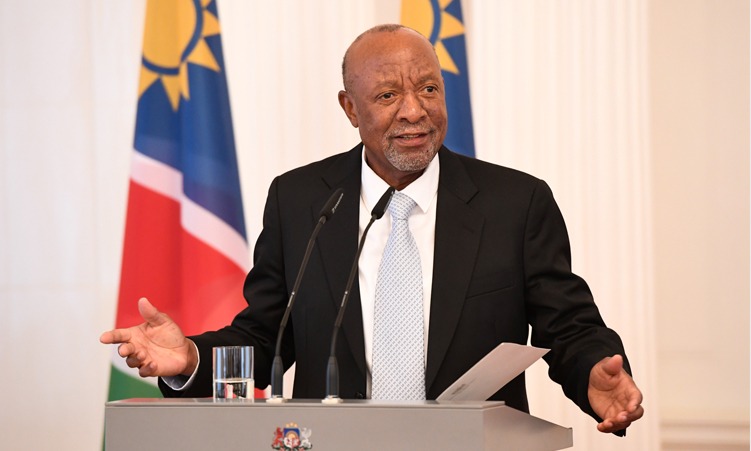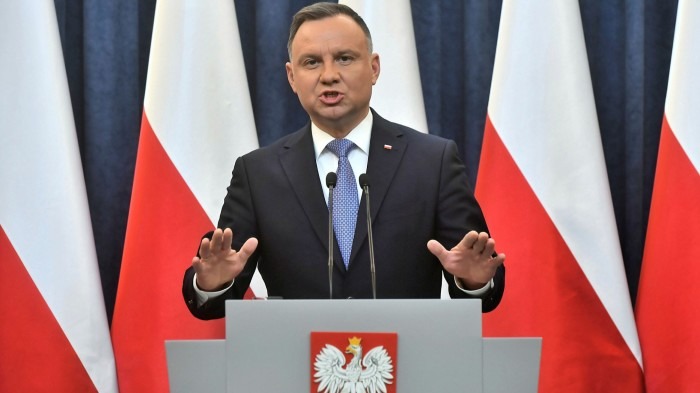Thailand Government Embarks on Pioneering Hydrogen Venture

A landmark initiative to foster sustainable industrial practices and reduce carbon emissions with a green hydrogen project that has been commercially initiated by the Thailand government has been announced.
Standing as substantial as other developed nations already practicing sustainable energy strategies, this collaboration with Beijing Mingyang Hydrogen Technology Co. Ltd. is a significant achievement for Thailand in steadying its way towards green industry and low-carbon industries.
IBCLNG Co. Ltd., the leading Thailand LNG supplier, signed the deal with the Chinese renewed energy giant. The partnership targets a 25 MW electrolysis undertaking intended to produce green hydrogen. This initiative implies not only a transformation in the energy resources of Thailand but also a model within ASEAN.
Under the framework, IBCLNG gets access to high-end electrolysers from Mingyang Hydrogen. The alliance is not just equipment supply but can provide Mingyang with the necessary personnel and technical support. Besides, this will be conducive accomplishment of an integrated green hydrogen infrastructure consisting of generation, storage and utilisation.
Environmental effect and industry application will be interesting to follow
Green hydrogen is delivered to steel companies to produce environmentally friendly steel. The reduction in the carbon footprints and enhancement of production practices sustainability heavily depend on this process.
The IBCLNG Deputy Managing Director, Charernsook Siriyong, mentioned green hydrogen as a clean and flexible secondary energy source.
The initiative is timely in the context of the Europen Union’s gradual implementation of the carbon border adjustment mechanism, which is a “carbon tariff” imposed on imports from areas with less strict emission standards compared to the EU.
Goods such as cement, aluminium, fertilizers, and steel. “Failing to do so could increase future export costs and result in losing the first-mover advantage in the market,” stated Siriyong, highlighting the strategic importance of this green transition.
International cooperation and objectives clearly outlined
Shen Zhongmin, Vice Chairman of Mingyang Hydrogen, described the project as a high-quality international collaborative solution to climate change. He stressed that collaboration transcends mere product sales. The venture aligns with the Thailand Government commitment to achieving carbon neutrality by 2050 and net zero emissions by 2065, with a government roadmap urging stakeholders to act towards reducing greenhouse gas emissions.
A few hydrogen technologies have already become a part of energy corporations’ strategies in Thailand. Some provide hydrogen for power generation to businesses running in industrial zones while others convert this gas into fuel for transportation and other commercial purposes.
This venture sets a precedent in Thailand and contributes to the global shift towards sustainable energy solutions, aligning economic growth with environmental stewardship.
Byline: Vidhathri Matety

